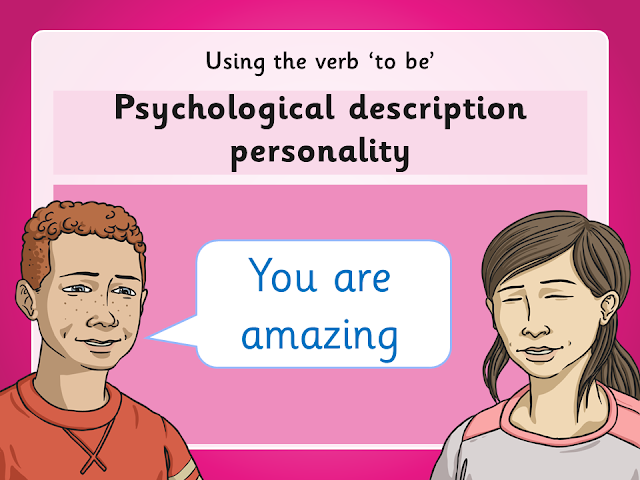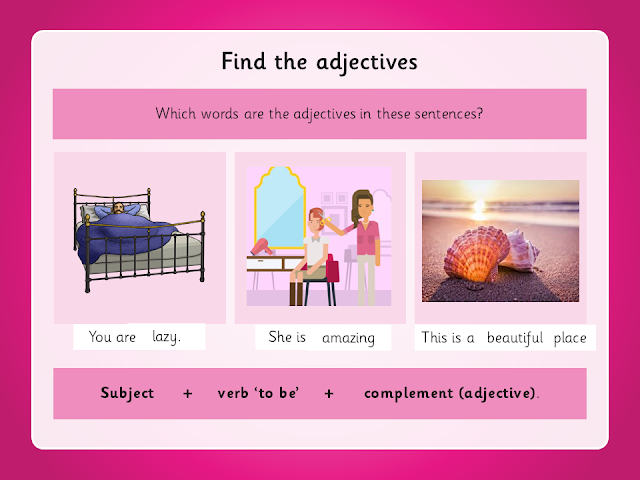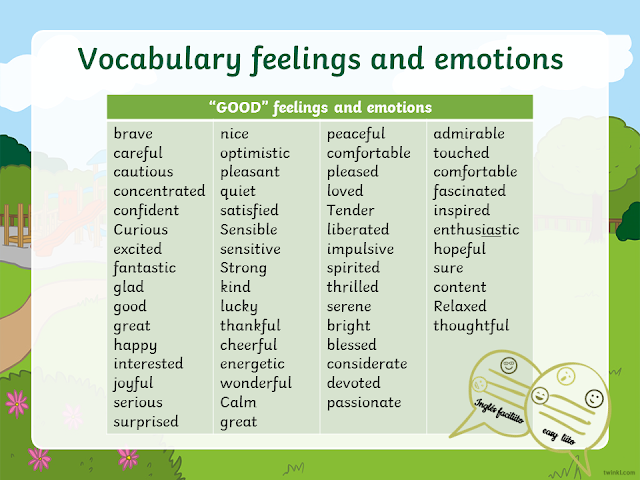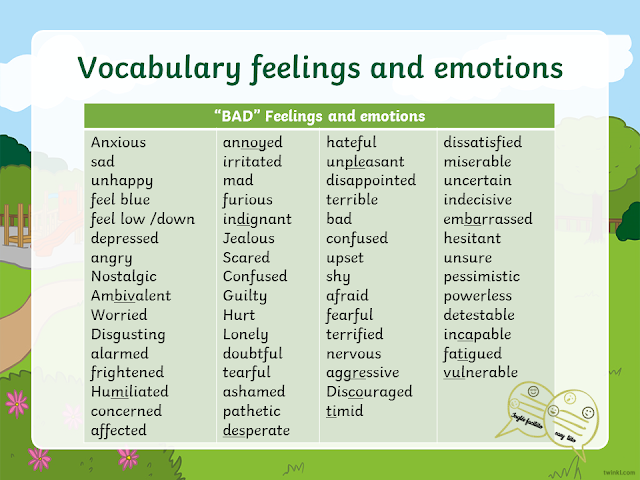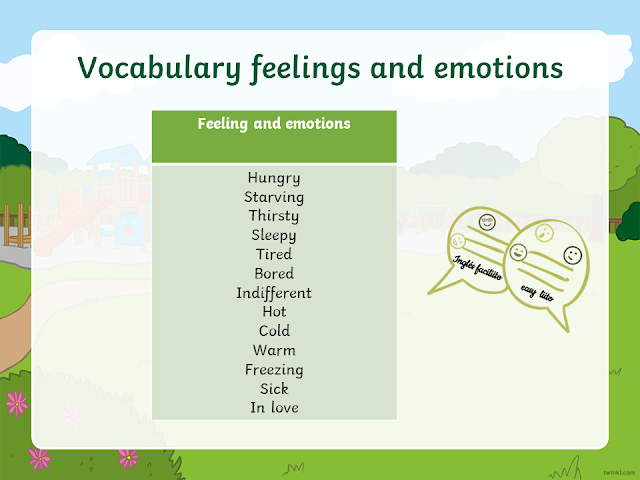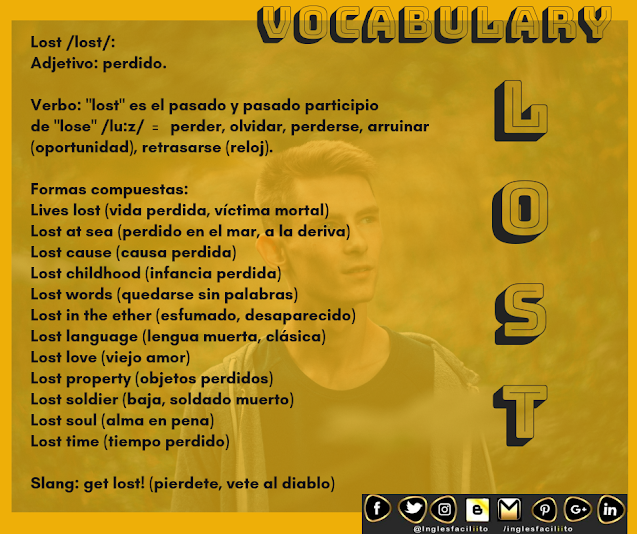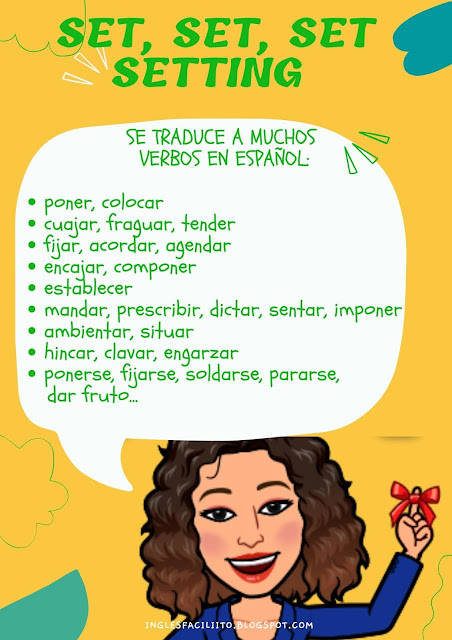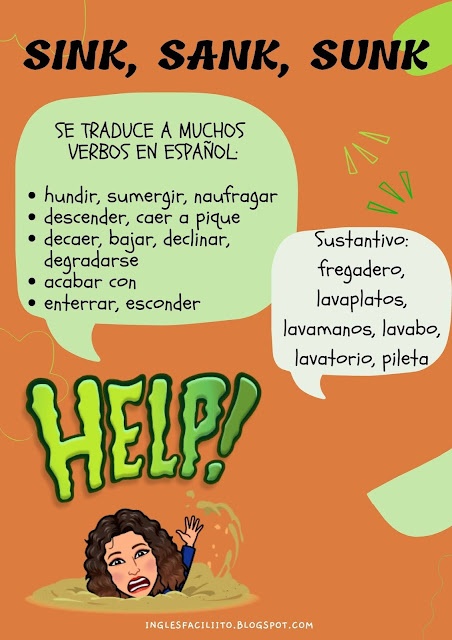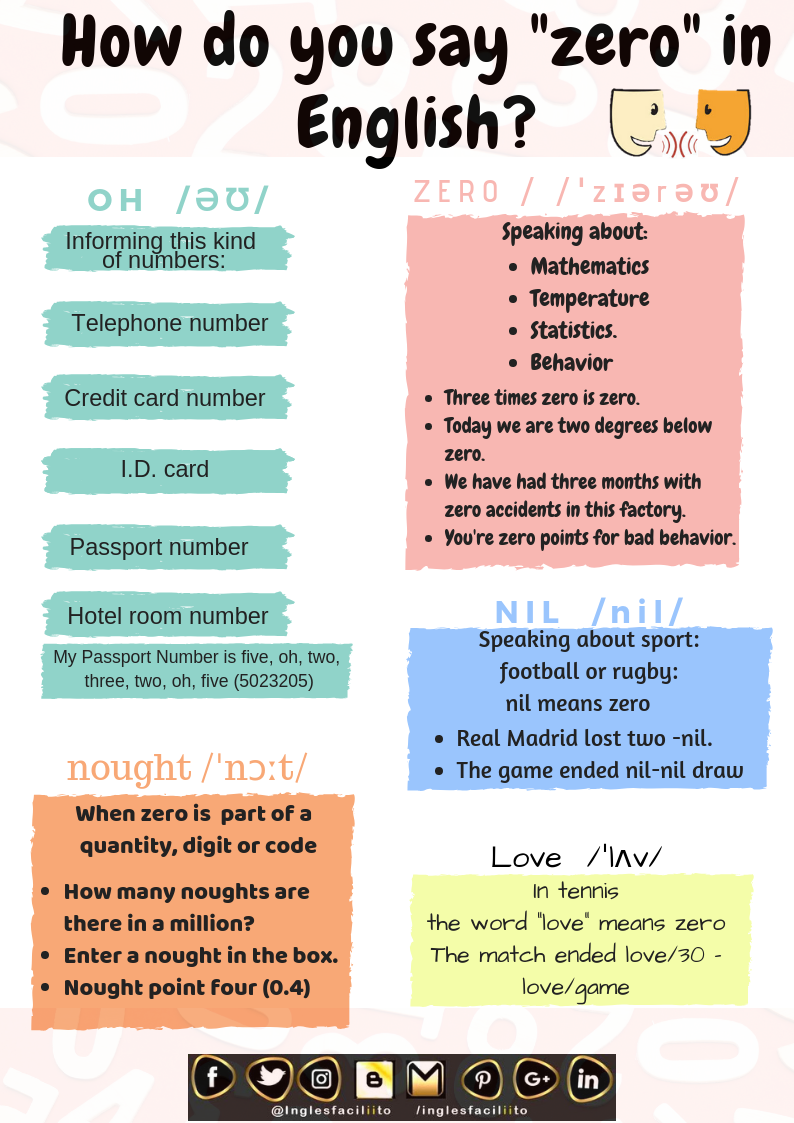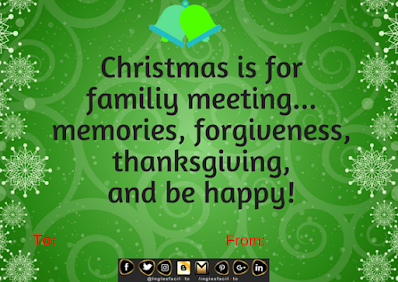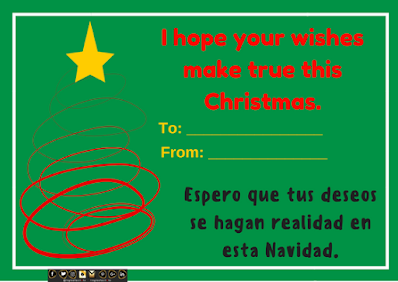Adjetivos de personalidad
"Personality, a characteristic way of thinking, feeling, and behaving. Personality embraces moods, attitudes, and opinions and is most clearly expressed in interactions with other people."
El inglés está lleno de diferentes tipos de palabras. Es genial saber tantas como sea posible, pero es aún más importante asegurarse de conocer bien las palabras específicas. ¡Saber cómo usarlas realmente ayuda a una comunicación adecuada!
Usar los adjetivos enriquece tu vocabulario, puede ayudarte a transmitir el significado exacto que estás buscando y a comprender exactamente lo que otras personas están tratando de decirte.
Los adjetivos son palabras que describen personas, lugares, situaciones y cosas. Hay muchos, muchos adjetivos diferentes, y pueden usarse para describir virtualmente cualquier sustantivo. En este post nos enfocaremos específicamente en los adjetivos que se usan para describir la personalidad o carácter.
Si no conoces los símbolos fonéticos, es bueno que te vayas acostumbrando a comprenderlos, con ellos podrás conocer cómo se pronuncia una palabra aunque nunca antes la hayas escuchado. Aqui tienes un post antiguo donde te explicamos algunos símbolos fonéticos
Adjetivos de personalidad
Se utiliza un conjunto específico de adjetivos para describir la personalidad. La personalidad es una descripción de cómo alguien se comporta, piensa o reacciona sobretodo en sus relaciones con las otras personas.
Los adjetivos que describen la personalidad a menudo se denominan adjetivos de personalidad. Éstos pueden ser uno de los tipos de adjetivos más importantes de estudiar. Pueden ayudarte a saber si alguien está feliz o triste, estresado o relajado, si es introvertido o extrovertido. Nos ayudan a saber qué esperar de las personas que nos rodean y, eso puede ser algo realmente bueno para mantener excelentes relaciones sociales, con inteligencia emocional.
Adjetivos de personalidad positiva
Muchos adjetivos para describir la personalidad son positivos. Son útiles para las personas que te agradan, para las personas a las que admiras, para las personas a las que quieres impresionar y para tí mismo.
- Active
- Adaptable
- Adventurous
- Affable
- Amiable
- Amicable
- Amusing
- Brave
- Bright
- Calm
- Careful
- Charming
- Circumspect
- Communicative
- Compassionate
- Conscientious
- Considerate
- Courageous
- Courteous
- Creative
- Determined
- Diligent
- Diplomatic
- Discreet
- Dynamic
- Empathetic
- Energetic
- Faithful
- Fearless
- Friendly
- Funny
- Generous
- Gentle
- Good
- Gregarious
- Helpful
- Honest
- Hopeful
- Humorous
- Imaginative
- Intelligent
- Intuitive
- Inventive
- Joyful
- Kind
- Loving
- Loyal
- Lucky
- Mature
- Motivated
- Neat
- Nice
- Optimistic
- Passionate
- Patient
- Plucky
- Polite
- Popular
- Powerful
- Practical
- Rational
- Realistic
- Reliable
- Resourceful
- Romantic
- Sensible
- Sincere
- Smart
- Sociable
- Sympathetic
- Tidy
- Understanding
- Willing
- Wise
- Witty
Adjetivos de personalidad negativa
Otros adjetivos para describir la personalidad son los negativos. Estos deben usarse con precaución ya que las palabras negativas para describir la personalidad de alguien generalmente se toman bastante mal.
- Abrasive
- Aggressive
- Apathetic
- Argumentative
- Boring
- Bossy
- Callous
- Catty
- Childish
- Cocky
- Confrontational
- Controlling
- Cowardly
- Cruel
- Cynical
- Defensive
- Deceitful
- Dense
- Devious
- Dim
- Dishonest
- Disloyal
- Disorganized
- Disrespectful
- Disruptive
- Egotistical
- Evasive
- Evil
- Fanatical
- Flaky
- Foolish
- Forgetful
- Frivolous
- Gossipy
- Greedy
- Grumpy
- Gullible
- Hostile
- Humorless
- Hypocritical
- Ignorant
- Impatient
- Impractical
- Inconsiderate
- Irrational
- Jealous
- Judgemental
- Lazy
- Manipulative
- Mean
- Moody
- Morbid
- Nasty
- Nosy
- Obsessive
- Paranoid
- Pessimistic
- Petty
- Posessive
- Prejudiced
- Pretentious
- Reckless
- Resentful
- Rotten
- Rude
- Selfish
- Sleazy
- Spoiled
- Stingy
- Stupid
- Unlucky
- Unmotivated
- Unreliable
- Untidy
- Vain
Adjetivos de personalidad neutrales o contextuales
Algunos adjetivos no son realmente negativos o positivos por sí mismos, pero aún pueden usarse para describir la personalidad. Suelen utilizarse bien en lugar de palabras negativas, porque son una forma de decir algo que no es abiertamente positivo pero que tampoco siempre es negativo. También son buenos para las personas que no conoces lo suficientemente bien como para saber si usar palabras negativas o positivas.
- Ambitious
- Anxious
- Breezy
- Businesslike
- busy
- Casual
- Cerebral
- Cautious
- Chatty
- Childlike
- Competitive
- Complex
- Conservative
- Decisive
- Emotional
- Enigmatic
- Extravagant
- Extroverted
- Exuberant
- Folksy
- Forceful
- Frank
- Frugal
- Idiosyncratic
- Impartial
- Impressionable
- Independent
- Inhibited
- Intellectual
- Intense
- Introverted
- Irreverent
- Loud
- Martyr
- Mercurial
- Mischievous
- Modern
- Modest
- Moralistic
- Neutral
- Noncommittal
- Noncompetitive
- Opportunistic
- Ordinary
- Outspoken
- Perfectionist
- Persistant
- Philosophical
- Political
- Predictable
- Private
- Questioning
- Rebellious
- Relaxed
- Reserved
- Sarcastic
- Sensitive
- Serious
- Shy
- Silly
- Smooth
- Soft
- Solemn
- Straightforward
- Strict
- Subservient
- Surprising
- Timid
- Tough
- Unassuming
- Unchanging
- Uncompromising
- Undemanding
- Unyielding
- Quiet
¿Te gustó esta publicación ? ¿Conoces a alguien que le puede interesar? COMPARTE AQUI ABAJO
⇓⇓⇓⇓⇓⇓⇓⇓
